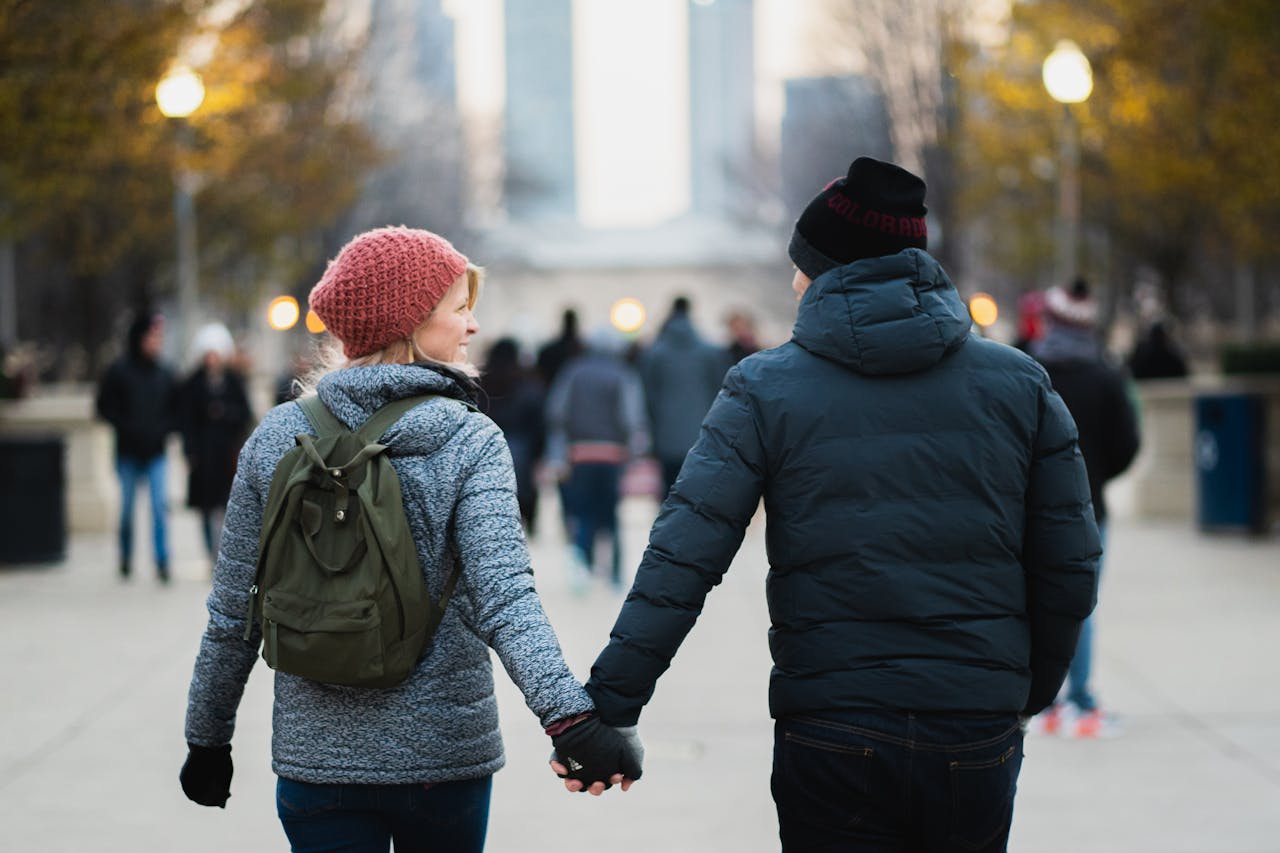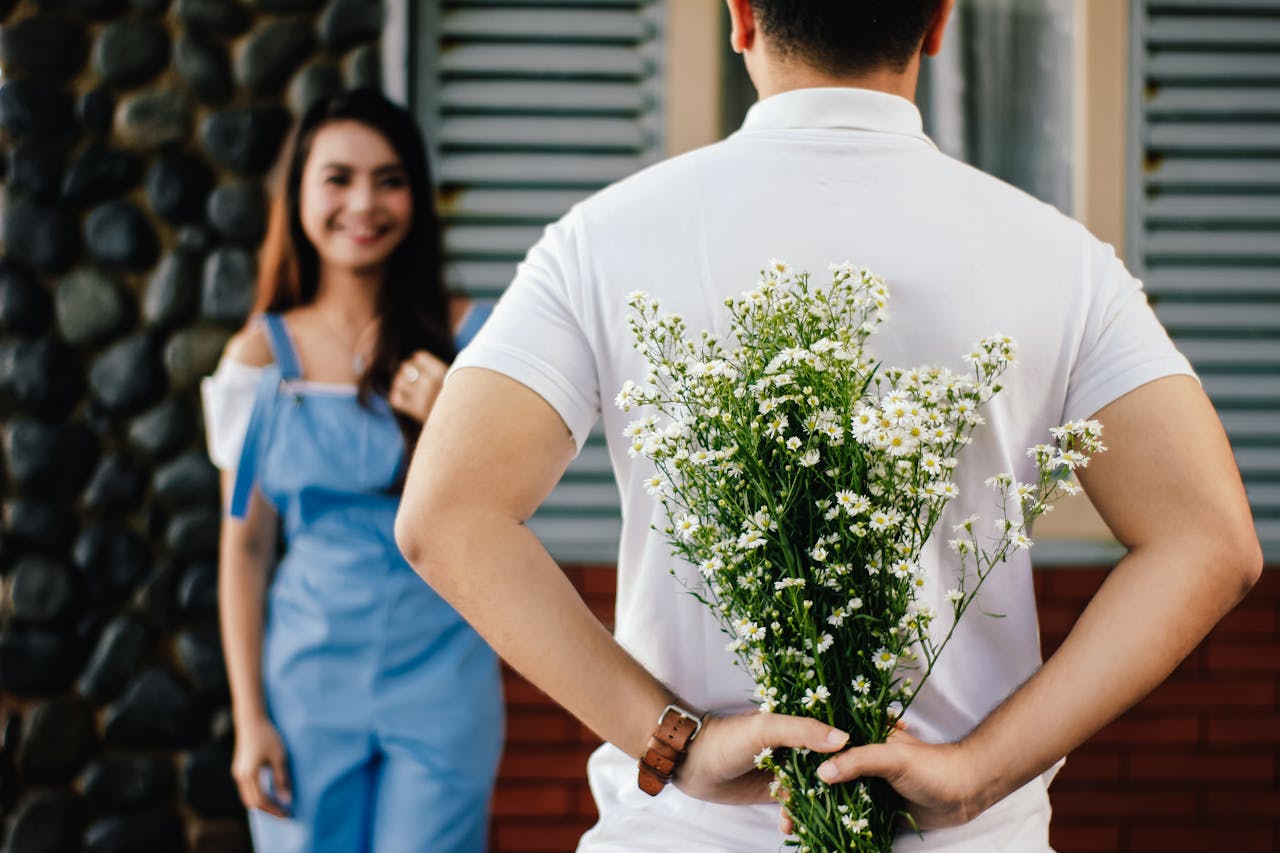Entering a new relationship can be an exciting journey—but it’s also one that requires emotional readiness. Too often, people rush into dating while carrying emotional baggage, unresolved trauma, or an incomplete understanding of themselves. The result? Miscommunication, unrealistic expectations, and heartache. In contrast, being emotionally prepared allows you to approach love with clarity, maturity, and confidence. In this blog post, we explore four in-depth signs that suggest you’re truly ready to build a healthy and fulfilling relationship.
1. You Feel Whole on Your Own
The strongest relationships are not about two halves becoming whole—they’re about two whole individuals coming together to enrich each other’s lives. When you feel fulfilled, purposeful, and content on your own, you’re not looking for someone to complete you, but to complement you.
Emotional independence is a clear sign of readiness. It means you’re not dependent on a partner to define your happiness or self-worth. You have passions, friendships, and goals that are independent of your romantic life.
Many people confuse loneliness with readiness. But entering a relationship just to avoid solitude often leads to codependency. When you’re at peace in your own company, you’re more likely to build a connection based on genuine affection and shared growth.
Tip: Ask yourself, “Would I date myself?” Reflect on your strengths and areas for growth. Can you honestly say you’re content with your current life, even without a partner?
2. You’ve Healed from the Past
Past wounds can cast long shadows over future relationships. Whether it’s heartbreak, betrayal, abandonment, or toxic dynamics, unresolved issues from previous relationships often resurface in new ones. If you find yourself comparing new people to your ex or harboring mistrust, you may still be carrying emotional residue.
Being emotionally ready means you’ve processed these experiences and learned from them. You’re no longer defined by past pain and you no longer allow it to dictate your behavior or expectations. Instead of being reactive or defensive, you’re open and curious.
Healing is not about forgetting or pretending it didn’t happen—it’s about recognizing what you deserve and choosing differently moving forward. This level of awareness empowers you to set healthy boundaries and communicate your needs.
Tip: Journaling or speaking with a therapist can help unpack lingering emotional scars. If you find yourself triggered easily or anxious about being vulnerable, it may be worth exploring those feelings before committing to someone new.
3. You Know What You Want (and Don’t Want)
Clarity is a powerful sign of emotional readiness. Instead of chasing vague ideas of love, you know what kind of relationship suits your lifestyle, values, and emotional needs. You’ve identified what truly matters to you—whether it’s loyalty, intellectual connection, shared goals, or emotional support.
Equally important is understanding what you won’t tolerate. If you’ve learned to recognize red flags, dealbreakers, or unhealthy patterns, you’re better equipped to protect your peace and make conscious choices.
This clarity also allows for better communication. You’re more capable of expressing your expectations and boundaries early in the relationship, reducing confusion and potential disappointment.
Tip: Create a written list of non-negotiables and desirable traits in a partner. This exercise isn’t about being overly rigid—it’s about staying true to your needs while remaining open to connection.
4. You’re Willing to Be Vulnerable
Love requires courage. At its core, it means opening your heart, knowing full well that rejection, pain, or disappointment could happen. If you’re emotionally ready, you don’t let fear of being hurt stop you from trying. Instead, you lean into vulnerability because you understand it’s the foundation of intimacy.
Being emotionally ready doesn’t mean being invulnerable—it means being strong enough to express your feelings, admit when you’re wrong, ask for reassurance, and show your authentic self. You don’t wear a mask to impress, nor do you hide your flaws. You welcome the chance to be seen, and to see another person fully in return.
Vulnerability also means you’re willing to invest emotionally. You’re not keeping one foot out the door or waiting for the other shoe to drop. You engage with honesty, curiosity, and care.
Tip: Practice vulnerability in your daily life. Start with small, honest conversations with friends or family. Notice how it deepens connection and builds trust.
Conclusion: Readiness Comes from Within
Being emotionally ready for a relationship is not about being perfect—it’s about being self-aware, open-hearted, and grounded in your truth. When you know and love yourself deeply, you’re able to love others from a place of abundance rather than lack.
If you recognize these four signs in yourself, it may be time to open the door to connection. And if you’re still working on them, that’s okay too. Emotional readiness is a journey, not a destination. Take your time, do the work, and love will meet you where you are.



